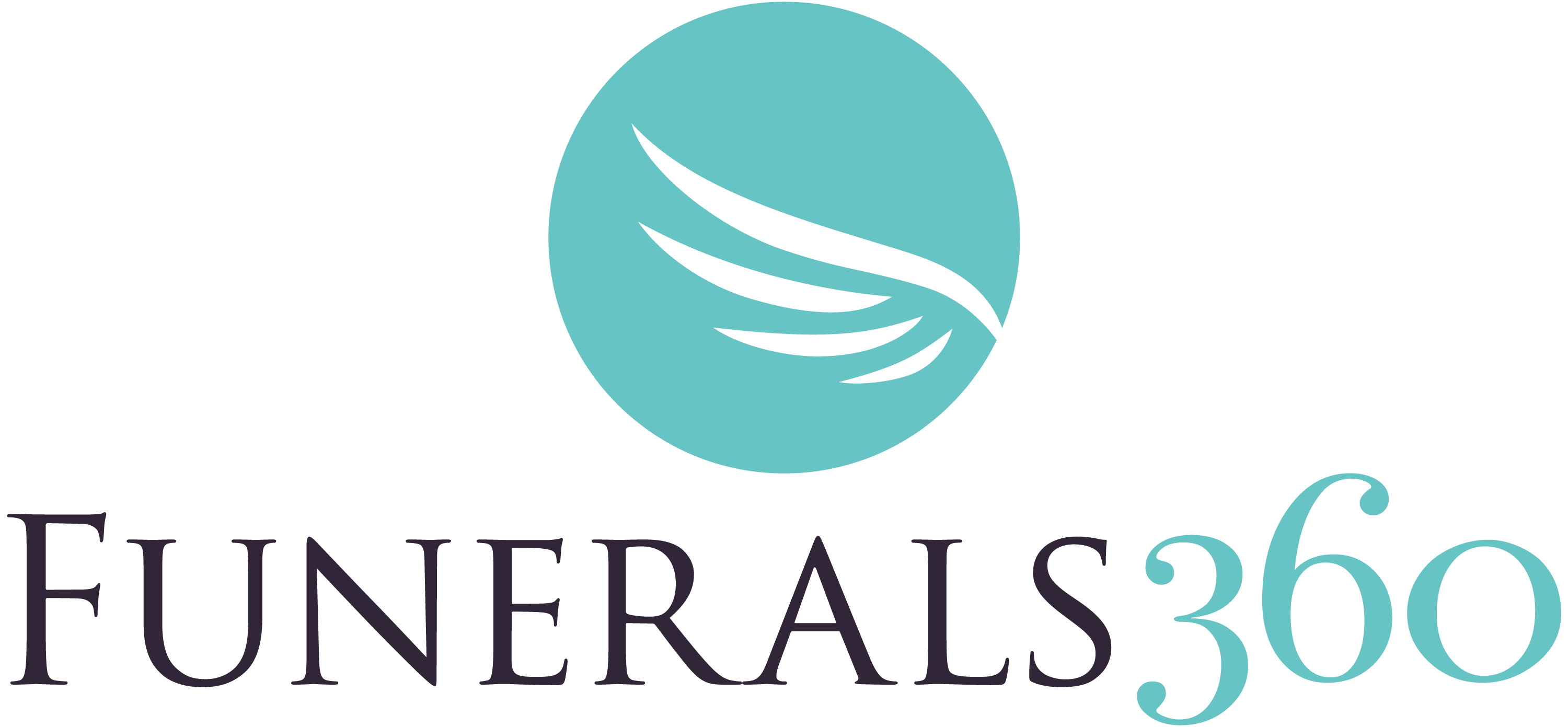By Mark Eyerly for Drexel's Market Street Publication
If the hearses outside the hotel weren’t enough to remind Rachel Zeldin that she turned her life upside down, her fellow vendors in the exhibit hall at the Pennsylvania Funeral Directors Association drove the point home.
Casket manufacturers. Embalming fluids salesmen. Cremation equipment producers. And a guy who does extreme restoration – “I’m basically the cleanup crew for when someone blows his head off,” he explained.
What does Rachel Zeldin do? She has a practiced answer that begins: “It’s kind of … weird. I have a website that helps people plan funerals.”
In the confused silence that follows, Zeldin asks her own questions. “How do you plan a vacation? Pick a restaurant? When you planned your wedding, how did you do that?”
That’s when she sees a look of recognition, and the response is always the same: “On the Internet!”
“I have not had one person say to me, ‘I don’t like the idea,’” says Zeldin, a 2006 graduate of Drexel LeBow. The signs are everywhere that she could be on to something big. Stories about her in newspapers. Growing numbers of web visitors. And advertisers.
Her business is called I’m Sorry to Hear (www.ImSorryToHear.com). It launched in October 2012 and provides consumers in six states (and growing) with a comprehensive and searchable database of funeral service providers, educational resources, funeral planning tips and a shopping guide for caskets. Visitors can search for funeral homes that specialize in specific faiths or offer particular services, such as green burial, pet services, financing or online pricing. There are also links to professional and consumer-protection organizations. In development are listings for cemeteries, monument dealers, officiants, florists and other related services.
“My business is not so much about death and funerals; it’s about being a champion for the consumer at a particularly vulnerable point and saving them time,” she says. “I’ve met many reputable funeral directors, but as with any other major purchase, consumers need to do their homework. I’ve done the hard work in order to give them a safe, reliable setting to research and evaluate their options before they interact with the funeral directors, so they can make smart choices.”
Zeldin had her first up-close experience with the funeral industry in 2011, as she watched her mother struggle to plan a funeral for an uncle whose bohemian life as a roadie for jazz musicians didn’t include things like children, life insurance or funeral planning. People take months to plan vacations and weddings. Planning a funeral — in a matter of hours or days — is often a matter of blindly following the advice of someone you don’t know, about options you do not understand.
“My business is not so much about death and funerals; it’s about being a champion for the consumer at a particularly vulnerable point and saving them time,”
Zeldin was having struggles of her own, realizing that she was on a career path that would not have a happy ending. She was handling marketing and sales for a business-to-business leasing company when she noticed that “I was working with people who had been there 20 or 30 years; I didn’t want that. I acquired an eye twitch because I was so stressed out about making the numbers. A lot of sales reps do it to make big money; for me, big money was not enough.
“I had no mortgage, no children – nothing that would put me at great risk if I walked away,” she says. “I knew at end the of 2011 I was leaving my job, no matter what.”
Zeldin returned to her parents’ home in Yardley, Pa., and poured herself into the things that all first-time small-business owners do: industry research, financial projections, strategic planning, product generation and public relations.
“I never set out to build a company as much as I set out to build a community,” Zeldin says. “When the business decisions seem overwhelming, I just remind myself: ‘You don’t need to make $1 million. Just focus on what you set out to do: help people cope with death by making funeral planning so much easier.”





